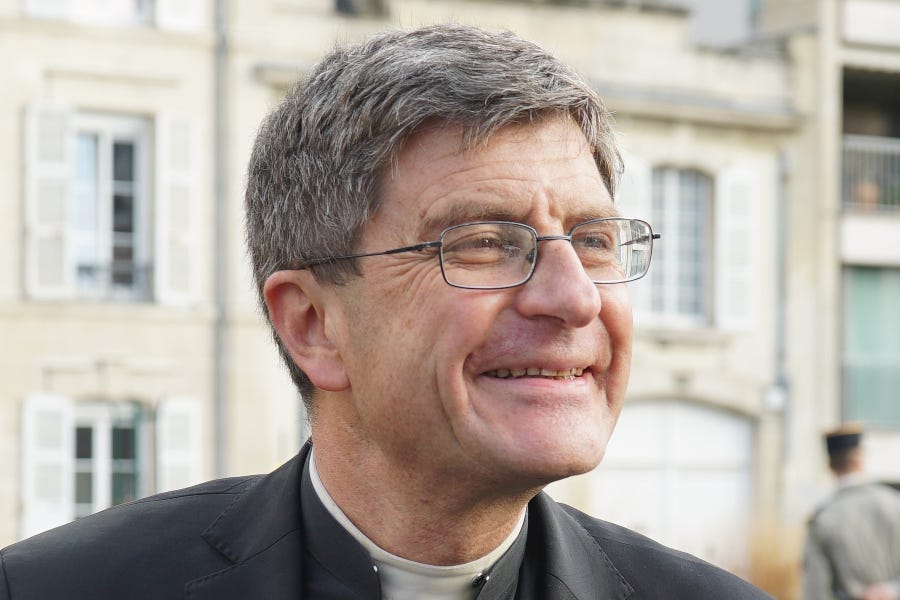French bishops’ conference blueprint revised after Vatican scrutiny
Archbishop Moulins-Beaufort said the Holy See made some ‘unexpected comments.’
A revised blueprint for streamlining the French bishops’ conference will be submitted to Rome after the Vatican raised “unexpected” objections to an earlier plan.

Speaking at a plenary assembly in Lourdes March 22, Archbishop Éric de M…
